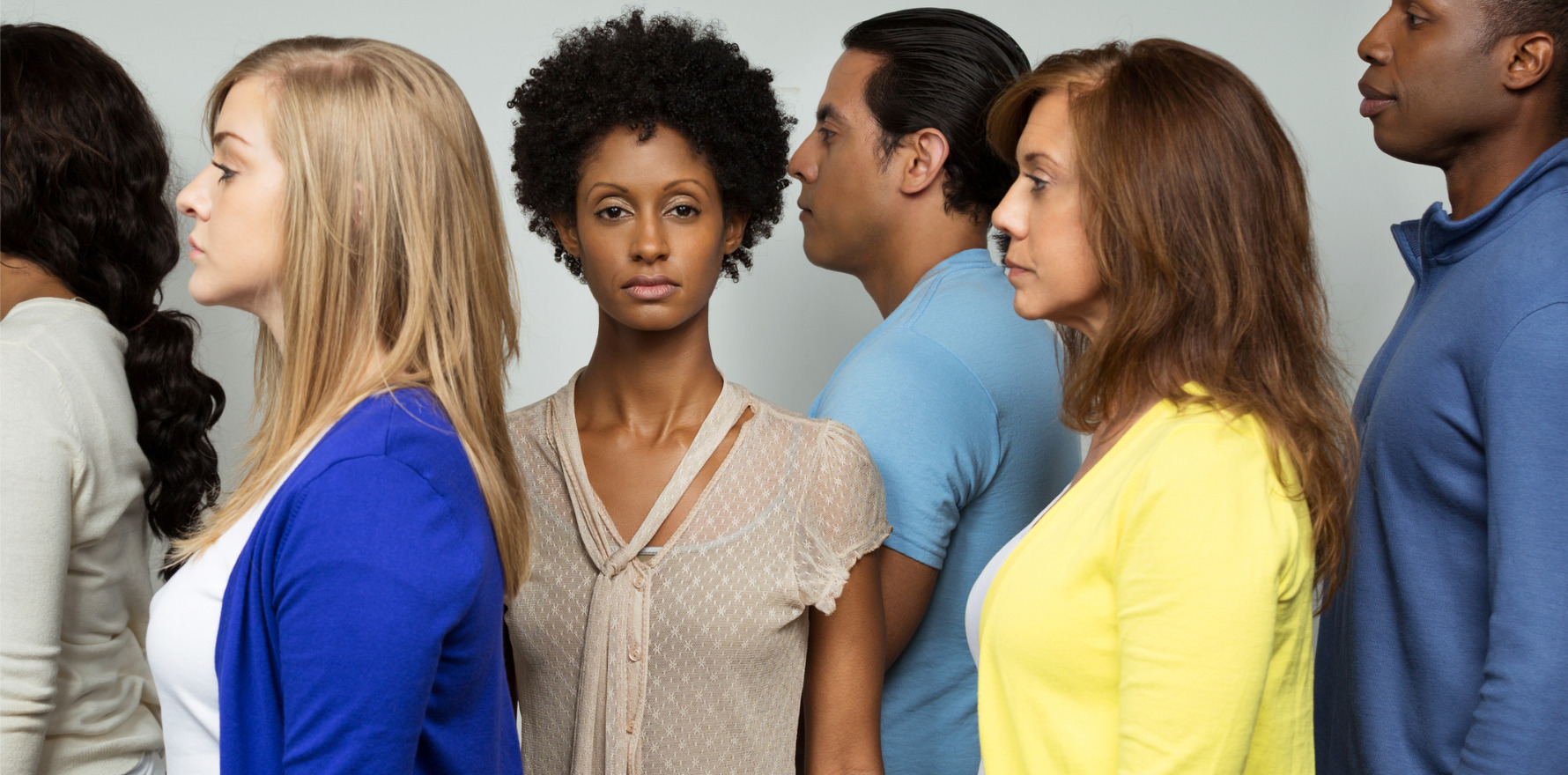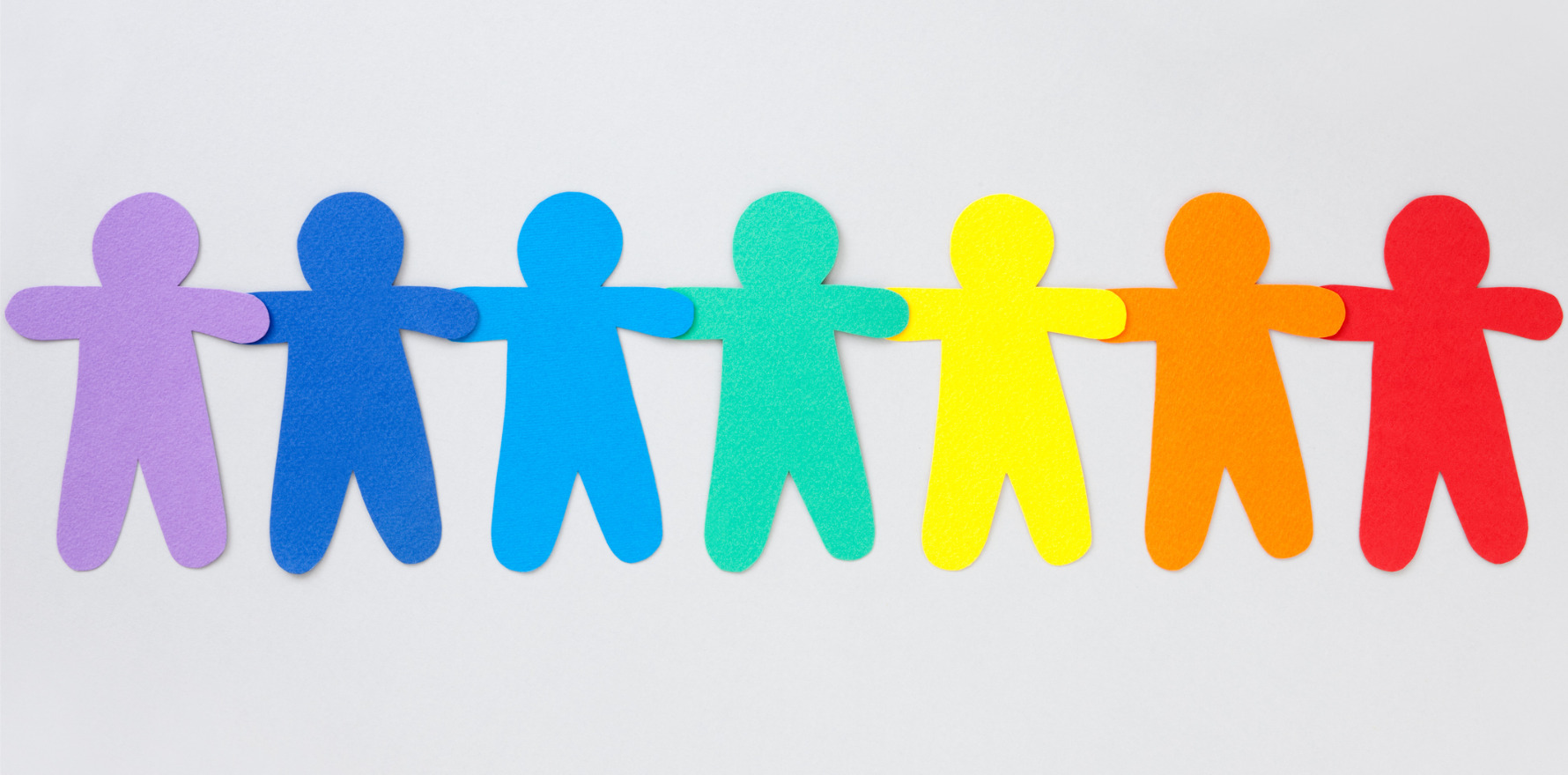There’s been a lot of press about younger people getting cancer now, and there are many questions (and some answers).
Are more young women being diagnosed with breast cancer? Yes, but it’s complicated, is the short answer.
The longer, extremely well explained version of that answer was given at last week’s Q&A – Are more young women being diagnosed with breast cancer?
Some quick facts: The two most common risk factors for breast cancer are still being born a woman and getting older. The median age is 63 years, and the majority of people being diagnosed are still over the age of 50 years. In Australia this year, more than 20,000 people will be diagnosed with breast cancer, and 3900 of those are expected to be under the age of 50.
Vivienne Milch, medical director and head of the clinical policy advice branch at Cancer Australia and medical advisor to the Department of Health, Disability and Ageing (DoHDA) on cancer screening policy, said there had only been a small percentage increase in people aged 20-49 years being diagnosed with cancer, often with cancer types usually seen in older people.
“But because breast cancer is a very common cancer, even a small percentage increase can be a significant number of people. We’ve seen a small increase in people 20 to 39; a slightly bigger increase rate in people 40-49,” said Professor Milch.
Breast cancer of any type could be diagnosed at any age, but an increased number of younger women were being diagnosed with triple negative breast cancers or HER2 positive breast cancers, which could be more aggressive and had a higher risk of recurring in the early years after diagnosis, said Professor Milch.
Oestrogen receptor positive breast cancers were slower growing and tended to be seen more often in older women, she said.
Critically, there has been a reduction in mortality for everyone with breast cancer, including young women, said Professor Milch, who pointed out that since the mid-1970s survival increased to over 90% at five years and mortality rates in the under 50s have halved over the last 30 years.
Dr Wanda Cui, medical oncologist at Peter Mac Cancer Centre in Melbourne, said there was an increase in women, including younger women, being diagnosed with cancer generally.
“Looking at my clinic over the last few weeks, about a quarter of the patients I see in clinic are under the age of 50, which really corresponds and correlates to some of our national data, where approximately a quarter of the women diagnosed with breast cancer in Australia are under the age of 50,” said Dr Cui.
Part of the reason for the numbers in her clinic was the “dramatic improvements” in the kind of treatment medical oncologists deliver, particularly systemic treatments (chemotherapy, hormonal treatments, targeted therapy and immunotherapy), said Dr Cui.
And while the types of breast cancer more often diagnosed in young women grew quickly, they were also more responsive to systemic treatments, she said.

Professor Milch said the increase in the number of young women being diagnosed was multifactorial.
“A lot of people are spending a lot of time looking into [the increased diagnoses in young women] to try and work out whether there is anything new in terms of risk factors, or whether it’s actually just the confluence of things that we know are risk factors for breast cancer,” she said.
As well as ageing, female sex and genetics, there were also modifiable factors including alcohol intake and overweight and obesity. Breast feeding was known to reduce risk of breast cancer so reproductive factors could also play a part, said Professor Milch.
Also, more people were screening in their 40s, which increased the number of early-stage diagnoses. And more awareness led to women noticing abnormalities and being diagnosed earlier. Both of these were good news, she pointed out.
People with an inherited germline mutation (who make up only 5% of diagnosed cases) were often diagnosed earlier. But Dr Cui said the frequency of the well-known BRCA1 and BRCA2 mutations was likely not increasing. Rather, testing was more available, including for other high to moderate risk genes like TP53, PALB2 and CHEK2.
“We know that obesity seems to be more linked with post-menopausal breast cancers, rather than pre-menopausal breast cancers. Things like the pill can also increase risk of breast cancer,” said Dr Cui.
“Things like the combined oral contraceptive pill in young patients, and in older patients who have gone through menopause, hormone replacement therapy, are associated with a very small relative increased risk of breast cancer during the time that you’re taking the pill and for about five to 10 years after the pill.
“But it’s really important to know what your baseline risk of cancer is at that time, to know whether or not that risk from the pill or any other hormonal contraception is relevant for you.”
Dr Cui suggested using an online tool, like Peter Mac’s iPrevent, to get an idea of personal risk level and then discuss hormonal treatment risks with a GP.
“Often, it’s not one risk factor that has increased a woman’s risk of breast cancer, but the combination of all of these risk factors, and sometimes, as Emma and Vivienne highlighted, some women have none of these risk factors and still develop breast cancer.”
That’s Emma Crowley, who was diagnosed with breast cancer at 24 and had no risk factors. In the years since, she has spent a great deal of time advocating and assisting other young women who find themselves in the same isolated boat.
The day of her 37th birthday she was doing so at this webinar, organised by Breast Cancer Trials.
“She has chosen to spend it talking about breast cancer, which is probably, of the topics in her life, the one that contains the least joy for her,” said webinar host and journalist Annabel Crabb.
Around 1200 people from Australia and New Zealand dialled in last Wednesday night to hear Ms Crowley, Professor Milch, Dr Cui and clinical psychologist Associate Professor Lesley Stafford and to ask them questions. A quick poll showed that 36% of people watching had been diagnosed with cancer between the ages of 40 and 49, 20% between 30 and 39 and “a very small percentage” were diagnosed in their 20s.
I think it’s the oncologist’s business, the surgeon’s business, everybody’s business to ask how women are doing and to be able to offer them referral and support as needed.”
– Professor Lesley Stafford
‘I’ve got a goal, which is to stay alive’
Zoe was part of that “very small percentage”. She wanted to know how to have a happy, healthy life when there were no answers about what caused her cancer.
“It is very sad to hear women ask questions like this and to reflect on the experience of sitting with those questions,” said Professor Stafford, a specialist in psycho-oncology with a specific interest in treating women diagnosed with or at risk of breast cancer.
“We may never know why, but we can still choose how we live going forward and set small and achievable goals for recovery, for joy, to celebrate milestones.
“And, very importantly, to allow yourself grace and compassion as you recover from this. Because recovery is not a linear experience. It’s not sort of, well, treatment is over now, so I’m going to get this party started again. It’s a sort of an up and down process where there are good days and bad days”.

Another question on mental health was from Sharon about the impact of depression on young women diagnosed with breast cancer. Her anxiety and depression had worsened since her diagnosis, she said.
“Depression can actually have quite serious consequences for people with cancer well beyond the consequence of poor quality of life. Compared to their peers without depression, people with depression tend to spend more time as inpatients in hospital, they’re less likely to adhere to the treatment recommendations that are made for them, and they tend to experience more side effects and with greater intensity,” said Professor Stafford.
“Crucially, when you’re depressed, your ability to make meaningful decisions and to make meaning out of your experiences is impaired. And in the context of cancer, making meaning is so very important, because that is really what buffers us from despair.”
Unfortunately, there was still such stigma attached to seeking help for mental health, even during cancer treatment, that many people were still reluctant to do so, said Professor Stafford.
“Mental health is health. There is no health without mental health. So it’s not a luxury, it’s not an add-on extra. It is absolutely vital,” she said.
“And I think it’s everybody’s business. I think it’s the oncologist’s business, the surgeon’s business, everybody’s business to ask how women are doing and to be able to offer them referral and support as needed.”
Ms Crowley said looking after her mental health had been “lifesaving”.
“This may be controversial to some people, but I just accepted the mental health drugs that were suggested to me, the benzos, the sleeping pills,” she said.
“And I’m saying this flippantly, but when you have to get through something and you’ve just got to put one foot in front of the other, you know, the adherence to treatment regimens decreases when you are feeling stressed and anxious and depressed.
“I just thought, I’ve got a goal, which is to stay alive. So I just needed to start doing what I was told. There’s the anxiety to take some of those medications, but it was life saving for my own mental health.”
Professor Lesley said there was some resistance to taking mental health medications, often because of misconceptions that they would change a person’s personality, were addictive, and that it was tantamount to putting “poison” into their body (even while they were undergoing systemic therapy).
Related
“There is something also about this thinking that giving in to taking medication is not fighting hard enough. It’s all this narrative around the battle that is cancer, which is also not very helpful. There’s a lot of stigma to break down and it often requires quite a bit of support and reassurance before women will accept medication,” said Professor Lesley.
She said the need for mental health support did not necessarily end once the cancer was in remission, and there were resources to help, including the Cancer Council information and support line, BCNA peer support, Think Pink, Cancer Chicks (specifically for women aged 18 to 35), Finding My way and Cancer Mind Care, as well as Medicare subsidised visits to a psychologist.
Fear of recurrence

One of the biggest fears that young women diagnosed with breast cancer has been that it will return.
Rhea, an audience member, wanted to know if there was any data on breast cancer recurrence in young women.
Shockingly, there was not.
“We actually don’t collect national data on breast cancer recurrence, so we don’t know exactly how many people are diagnosed with recurrence,” said Professor Milch.
“There is a lot of work going on in data, and in fact, Cancer Australia has launched a national cancer data framework because we need better cancer data. Every bit of data that we have on a person with cancer will impact what we know about cancer overall, and therefore can help us with cancer control efforts, with research and identifying where we need to put the resources,” she said.
Some cancer types were more likely to recur in the first year or two, and some recent data from NSW showed that an estimated 7900 women in that state were living with metastatic breast cancer, she said.
“The outcomes for people with metastatic cancer are so much better than they used to be as a result of the sort of trials that Breast Cancer Trials runs, and the advances in systemic treatments … that Wanda and other medical oncologists provide,” Professor Milch said.
“So while it’s something, of course, that people worry about and that causes tremendous anxiety, in terms of recurrence, the treatment options have really expanded.
The fear of recurrence can be “lonely and disabling” because often people around the person with cancer wanted to move forward, said Professor Stafford.
“And you yourself want to move forward, but people around you think your cancer experience is well behind you, and it’s just not as simple as that,” she said.
There were reminders everywhere, like pink ribbons and billboards and campaigns, she said.
“We can treat worries about recurrence, but we can’t eliminate it entirely, and that’s because it is actually a very normal reaction and a very normal thought. Even if you have had the earliest breast cancer possible, there is no 100% guarantee that it will not return,” she said.
“Your brain is always going to be predisposed to focus on potential threats to keep us alive, rather than on positive emotions, and that vigilance is actually necessary and adaptive most of the time, because it allows us to follow up with our care and to look after ourselves. But it’s the intensity and frequency that become a problem.
If you’re having thoughts about recurrence that are impacting on your quality of life, then you do need to get help, because the data shows us that won’t go away by itself.”
She also recommended discussing individual risks and symptoms with your doctor.
Was there a way to reduce the risk of breast cancer, Caroline wanted to know?
There were the modifiable risk factors – exercise, weight, alcohol, breastfeeding, the use of exogenous hormones, but otherwise it really depended on knowing what your risk was. For women at high risk, medication could be useful, and for the small proportion at very high risk, preventative surgery could be appropriate, said Dr Ciu.
“I also think, just taking a bit of a step back, as a society we also have a responsibility as well,” she added.
“What we saw with tobacco campaigns that reduced smoking to reduce risk of lung cancer – I think as a society and as governments we can certainly look at ways that we can reduce exposures to risk factors for breast cancer, and also things like improving maternity leave policies that allow women to breastfeed for longer if they choose to. I think those are also strategies that we should be looking at.”
Coming out of the hour and a half session felt like coming out of therapy, or a really good conference session.
In health (as in feminism, from which this slogan is borrowed) the personal is indeed political. In only a short time, the expert panel, prompted by those with a real need for answers, armed listeners with practical advice and inspired us to support societal and health system change.
This was also evident in other topics covered in today’s session, not described above, including the financial burdens of cancer, concerns about fertility and families, and the impact on young women’s careers.
You can listen to all of it here, and other webinars put on by Breast Cancer Trials here.





